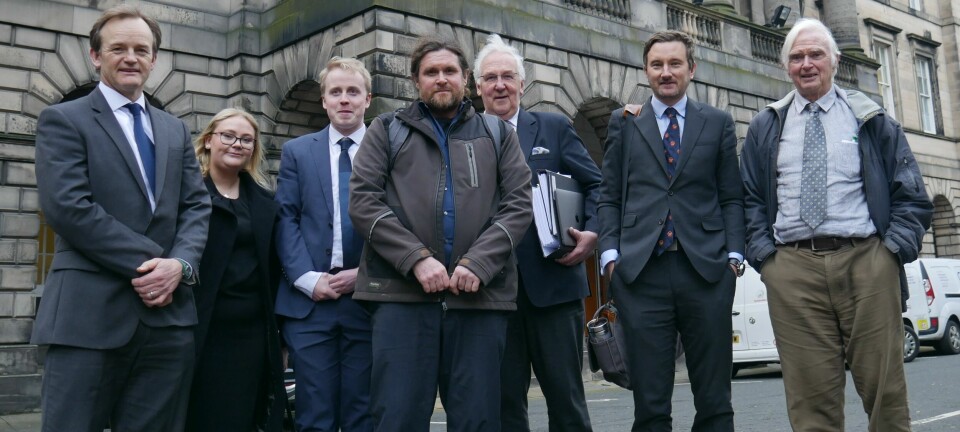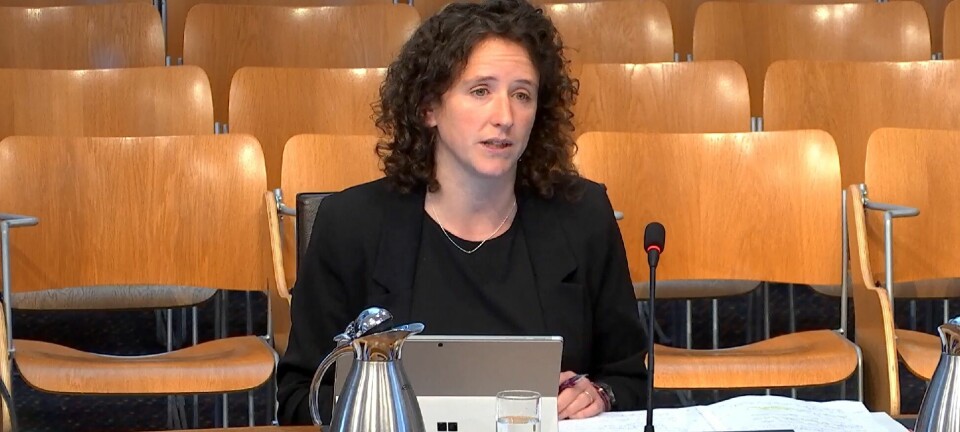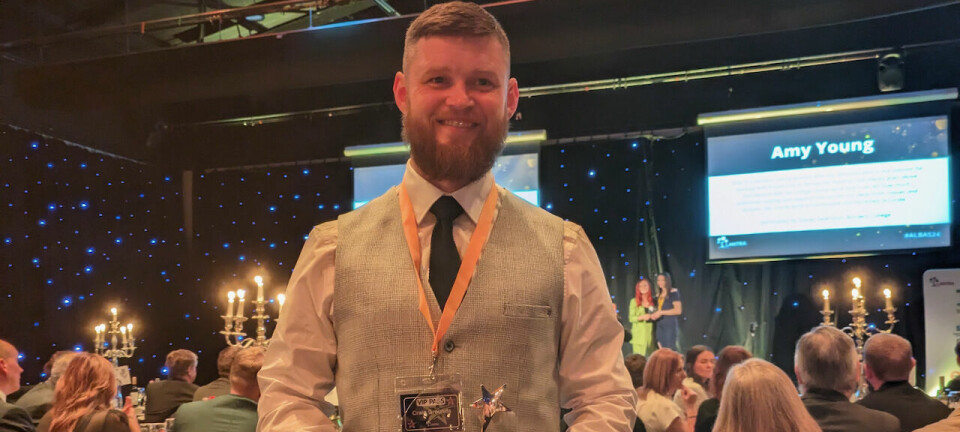
Aquaculture certification scheme launched
As expected, the howl from the extreme segments of the environmental community grew louder last week, as the World Wildlife Fund’s initiative of creating a certification program for farmed seafood culminated in the announcement of a new logo to be used by aquaculturists that pass an audit for environmental and social sustainability. The initiative has been criticized for not allowing for regional differences such as the low risk associated with the potential escape of farmed Atlantic salmon in British Columbia, but overall it is a welcome certification program that should be useful for serious consumers and professional buyers. The announcement last week by the ASC stated that;
Today, the ASC's consumer label for responsibly farmed seafood was presented. The Aquaculture Stewardship Council (ASC) manages standards for responsible aquaculture. Products bearing the ASC label come from fish farms that have met these standards. The on-pack label demonstrates to consumers that their seafood comes from farms that limit their impacts on the environment and the community. Consumers can from now on easily make a conscious choice to purchase responsibly farmed seafood.
The ASC label is complimentary to the Marine Stewardship Council (MSC) label; which is used on certified and sustainably wild caught fish. With the introduction of the ASC certification program for farmed seafood, an important step is made towards being able to credibly demonstrate to consumers that all fish sold comes from producers who have worked to limit their impact on the environment. And for ASC products, producers have also demonstrated social responsibility towards their workforce. At present, half of all the seafood consumed is farmed and often more farmed seafood is sold through retail than wild caught. The first species to be awarded the ASC label will very likely be tilapia and audits are already planned for farms in Indonesia and Honduras. Later in the summer, the ASC label will be present on the packaging of tilapia in various supermarkets in Canada, Germany, The Netherlands, France, Sweden, Denmark and England.
Recognisable logo for responsible purchasingIn the development of its label logo, the Aquaculture Stewardship Council has drawn on the lessons and experiences gained from certification marks globally. "In terms of recognition, it is important that consumers see their choices confirmed by a logo that communicates this positively. We have opted for a colour scheme that fits with the specifics of fish farming, which often involves a combination of water and land. A friendly fish with a ‘bold' checkmark shows very clearly that the purchase of the seafood product is a positive choice," says Chris Ninnes, CEO of ASC. "The language used 'certified' and 'responsible' reinforces these visual cues", he added.
Jose Villalon, Chairman of the ASC Board, recognised the design work contributed by Jones Knowles Ritchie (JKR) from their London offices. "JKR is one of the foremost packaging design agencies globally and without their pro bono efforts, the ASC would not have been able to develop such a positive and powerful communication tool. With this logo, consumers will now be able to make mindful, responsible choices when it comes to farmed seafood." Villalon also recognised the contribution of Birds Eye Iglo in supporting this process through commercial and consumer testing.
ASC - the global standard for responsible aquacultureThe Aquaculture Stewardship Council was founded as an independent, not-for-profit organisation in 2010 to establish a system for the certification of responsible fish farming across the globe. World Wildlife Fund (WWF) and The Sustainable Trade Initiative jointly established the organisation in 2010. Farm standards were developed through the Aquaculture Dialogues, an inclusive, multi-stakeholder process. Currently, standards have been concluded for the 15 most-traded species globally. Over 2,000 contributors participated in the development of these standards. During 2012, the ASC will deliver these standards to the market place. The organisation is headed by Chris Ninnes (former Deputy CEO of the MSC) and is headquartered in Utrecht, the Netherlands.
ASC aims to be the leading international standard setter for responsible fish farming. The ASC farm standards require farm performance to be measured against both environmental and social requirements. Aspects of animal welfare are also covered. Transparency is an important core value both organisationally and within its assessment processes. Certification is through an independent third party process. ASC is a small organisation that actively works in partnership with other organisations to ensure it is both effective and efficient in delivering on its Mission. The ASC currently partners with the MSC, regarding its requirements for traceability and in the administration of its logo licensing arrangements.




















































